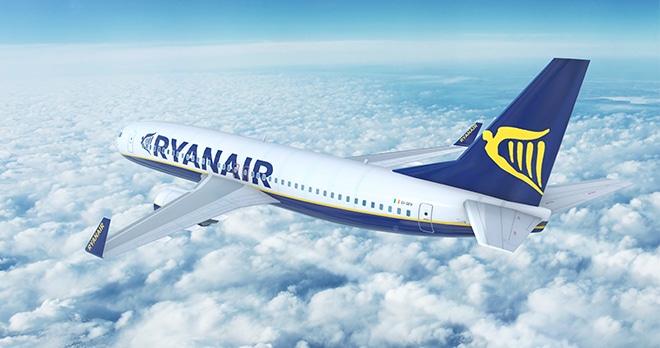The “Ryanair 6” and the damage social media can cause your brand

On 14 October 2018 4 Ryanair planes were diverted from Porto (Portugal) to Malaga (Spain) due to Storm Leslie. Due to the severe weather conditions and a national holiday; hotel accommodation was not easy to come by and Ryanair’s crew were asked to go to a crew room for “a short period time”.
At this point a photo appeared online, from one of the members of the cabin crew, suggesting that the one of the plane’s crew were “forced” to sleep on the floor as Ryanair were refusing to place them in a hotel or provide them with “suitable accommodation” and “the company left them there”.
The photo went viral, attracting wide range criticism from the public. Ryanair, in a surprising move, Tweeted the CCTV footage of the crew room in response. This showed that the cabin crew staged the picture and in fact they were moved to a VIP lounge within a short time frame.
Leaving aside the possible GDPR ramifications and interesting public relations spin (or damage), the question arose that if this was a “staged picture” with the intention of causing damage to the employer or their brand – what would be the ramifications?
Company Handbooks often include examples of gross misconduct which include “bringing the company into serious disrepute”. One problem with this allegation can be, when considering the actions of the employee, if it amounts to serious disrepute and thus gross misconduct.
Social media can be particularly dangerous when considering reputational damage as once an employee “posts” something their control over it can disappear; despite the misconception it is the employee’s post. If the employer can be tied to it (through either the image, their naming in a post or even the employee stating that they work for the employer) then the damage can be huge.
Ryanair confirmed this week that they had dismissed the Ryanair 6 for gross misconduct, on the basis the 6 in question had “caused irreparable breach of trust” and damaged the company’s reputation and on the basis of the media frenzy. Given the interest even now, it could be said the damage is continuing even today.
Whilst the decision to Tweet the CCTV in response can be questioned, it is worth reading the responses to Ryanair’s Tweet (17 October 2018) to gain an understanding of just how much anger there was that a company could behave in this manner even if it was a “protest”.